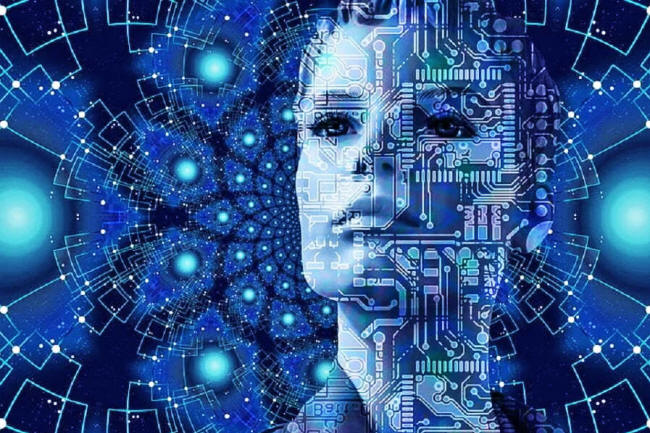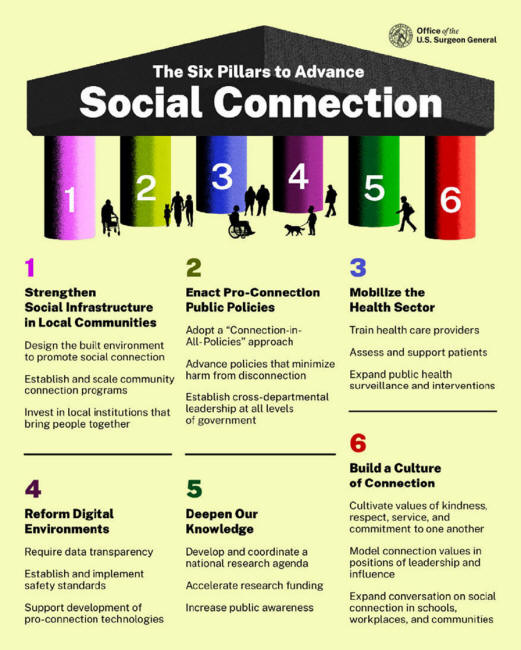|
by Mattias Desmet
In the digital society
of the future - in some respects, the near future
- people work, party, play and make love online, and even eat
digitally printed food.
Not only are we replacing human interactions with digital ones; we are replacing humanity itself.
I have spent fifteen years conducting research into (real) conversations between therapists and patients.
It has shown me how subtle and sublime real conversations are.
To give just one example:
By way of comparison:
In real conversations, people's bodies constantly resonate with each other.
The facial and body muscles of the listener contract in the same way as those of the speaker, and the same areas of the brain are activated. When people speak with each other, they form a supra-organism on a psychic and subtle-physical level.
They are connected by a psychic membrane that imperceptibly transmits the most subtle emotions from one person to another.
In a digital conversation, this resonance is compromised, due to the limitations of technology:
Precisely because of this, long-term digital communication often leaves us with a dull and exhausted feeling.
Our bodies exhaust themselves in fruitless and constant attempts to connect with the body of the other person - a phenomenon that some refer to digital depression...
It remains to be seen
whether replacing a real psychologist with an AI version will
provide an effective therapy for that kind of digital depression.
It is responsible for the most destructive psychosocial phenomenon of the Enlightenment:
Loneliness reached a peak in the early 21st century...
Studies from immediately prior to the corona 'crisis' report as much as 40% of the world's population feeling lonely. The situation has become so dire that in 2018, former British Prime Minister Theresa May appointed a 'Minister of Loneliness'...
Much more recently, in the United States, Surgeon General Vivek Murthy issued an advisory on the dangers of loneliness combined with a new "National Strategy to Advance Social Connection":
But we don't need to resort to statistics to feel the seriousness of the problem.
Loneliness and atomization is not just a problem,
Isolated, atomized subjects tend, especially under the influence of media and social media narratives, to suddenly coalesce into a new kind of group:
This kind of group formation makes people radically incapable of thinking critically about the stories presented to them, willing to radically sacrifice everything they hold dear, and deeply intolerant of any voice that deviates of what the masses believe in.
It is this lonely mass that, together with its leaders, forms the backbone of the ultimate symptom of our rationalistic society:
The big question we have to answer as a culture is therefore this:
|



